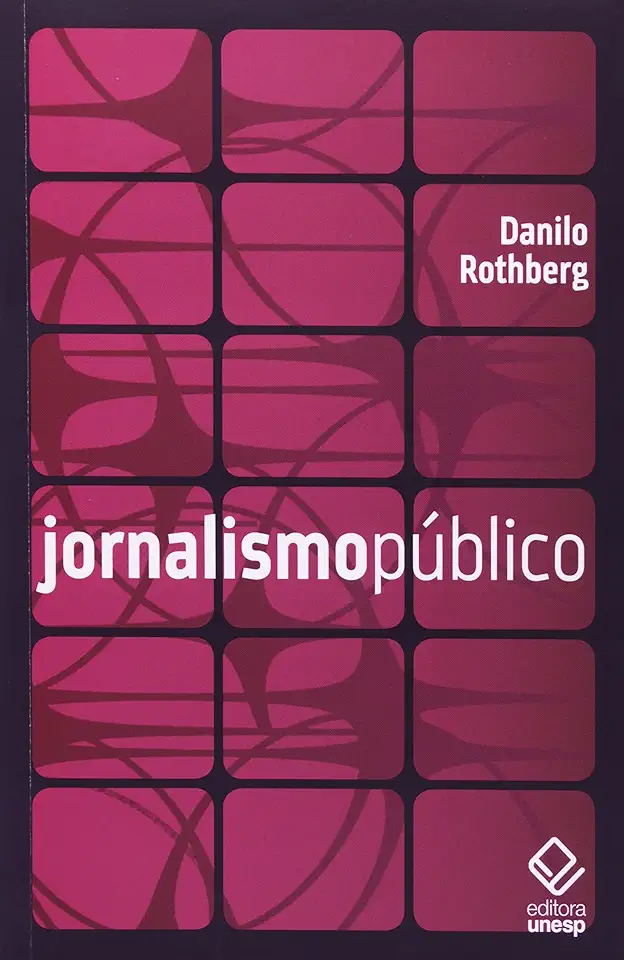
Public Journalism - Danilo Rothberg
Public Journalism: Why We Need It Now More Than Ever
In his book Public Journalism, Danilo Rothberg argues that the traditional model of journalism is broken and that we need a new approach to news reporting that is more focused on serving the public interest. Rothberg defines public journalism as "a journalism that is practiced in the public interest, that is, in the interest of the people who are affected by the news." He argues that this type of journalism is essential for a healthy democracy because it helps to inform citizens about the issues that matter to them and holds those in power accountable.
Rothberg identifies four key principles of public journalism:
- Independence: Public journalists must be independent from the government, corporations, and other special interests. They must be able to report the news without fear of reprisal.
- Accuracy: Public journalists must be committed to accuracy and fairness. They must strive to report the facts without bias or prejudice.
- Transparency: Public journalists must be transparent about their sources and methods. They must be willing to share information with the public about how they gather and report the news.
- Accountability: Public journalists must be accountable to the public. They must be willing to listen to feedback from readers and viewers and make changes to their reporting accordingly.
Rothberg argues that public journalism is not just a new way of reporting the news, but a new way of thinking about journalism. It is a journalism that is focused on the public interest, not on the bottom line. It is a journalism that is committed to informing citizens and holding those in power accountable.
Why Public Journalism Is Important
Public journalism is important for a number of reasons. First, it helps to inform citizens about the issues that matter to them. In a time when there is so much information available, it can be difficult for people to know what to believe. Public journalism can help to cut through the noise and provide citizens with the information they need to make informed decisions.
Second, public journalism holds those in power accountable. When journalists are independent and committed to accuracy, they can expose corruption and wrongdoing. This can help to deter politicians and other public figures from engaging in unethical behavior.
Third, public journalism can help to build trust between the public and the media. In recent years, trust in the media has declined significantly. This is due in part to the fact that many people believe that the media is biased and untrustworthy. Public journalism can help to rebuild trust by demonstrating that journalists are committed to the public interest.
How Public Journalism Can Be Implemented
There are a number of ways to implement public journalism. One way is to create more opportunities for journalists to interact with the public. This can be done through town hall meetings, public forums, and online chats. Another way to implement public journalism is to provide journalists with more resources to do their jobs. This includes funding for investigative reporting and training in new media technologies.
Finally, it is important to change the way that we think about journalism. We need to stop thinking of journalism as a business and start thinking of it as a public service. When we do this, we will be able to create a more robust and sustainable public journalism that can serve the needs of our democracy.
Conclusion
Public journalism is a vital part of a healthy democracy. It helps to inform citizens, hold those in power accountable, and build trust between the public and the media. There are a number of ways to implement public journalism, and it is important to start thinking about journalism as a public service. When we do this, we will be able to create a more robust and sustainable public journalism that can serve the needs of our democracy.
Enjoyed the summary? Discover all the details and take your reading to the next level — [click here to view the book on Amazon!]